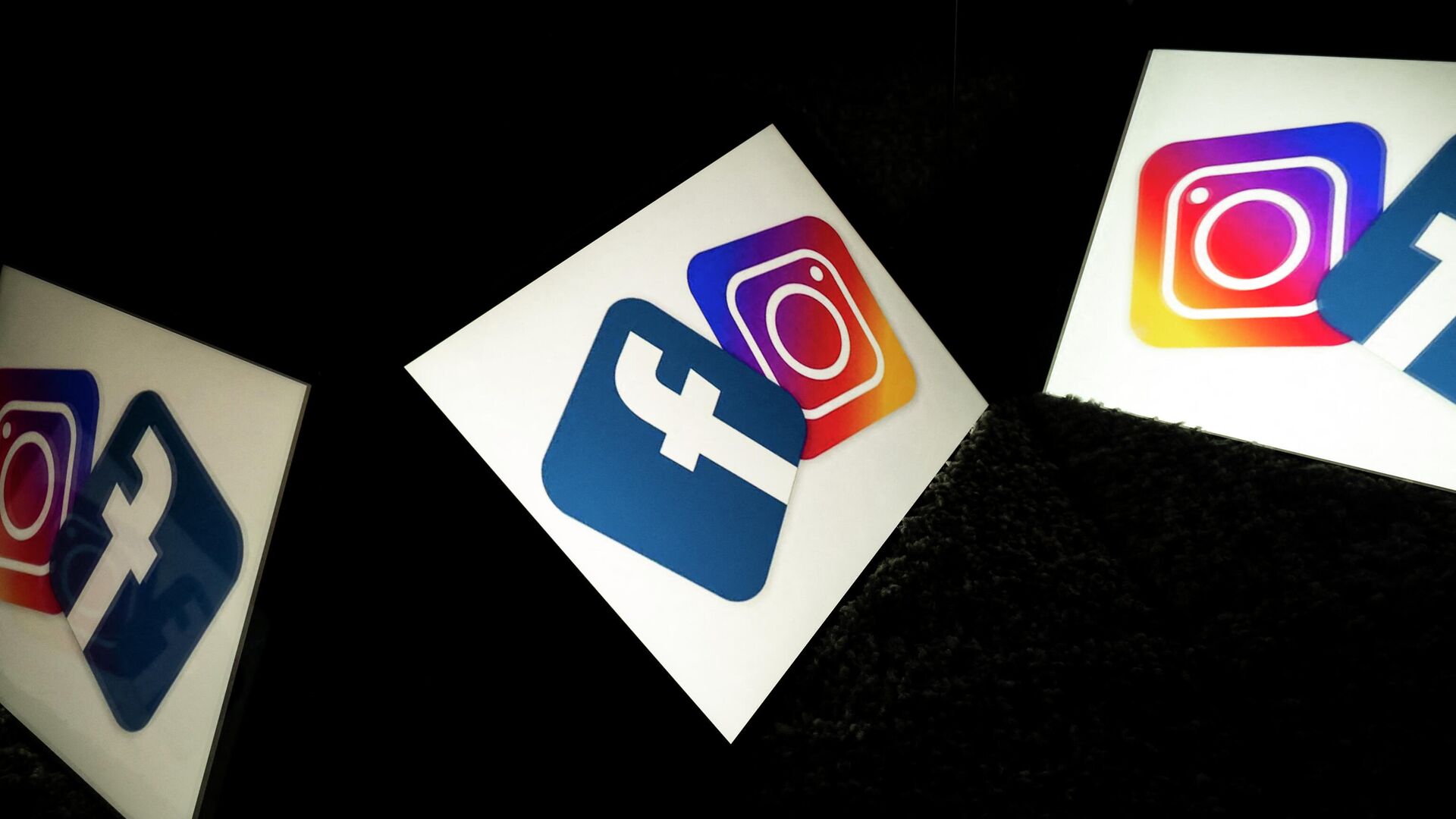https://sputnikglobe.com/20220511/avoiding-social-media-for-just-one-week-cuts-depression-study-finds-1095415980.html
Avoiding Social Media for Just One Week Cuts Depression, Study Finds
Avoiding Social Media for Just One Week Cuts Depression, Study Finds
Sputnik International
In the United Kingdom, the number of adults who use social media increased from 45% in 2011 to 71% in 2021. Roughly 97% of those aged 16 to 44 use social media... 11.05.2022, Sputnik International
2022-05-11T01:28+0000
2022-05-11T01:28+0000
2022-12-19T14:03+0000
mental health
study
social media
https://cdn1.img.sputnikglobe.com/img/07e6/03/15/1094057969_0:0:3077:1731_1920x0_80_0_0_d9ba4b23b82ade766f55ccf70796b437.jpg
A group of researchers at the University of Bath conducted a study in which they found that taking a weeklong break from social media improves a person’s well-being, as well as reduces depression and anxiety. The authors of the study also suggest that taking a break from social media may be recommended as a way to help people manage their mental health in the future.Scores for anxiety, depression and overall well-being —meaning satisfaction and sense of purpose— were taken before the study began. People included in the study were aged between 18 and 72 and used social media platforms like Instagram, Facebook, Twitter and TikTok. The study’s participants reported spending an average of eight hours a week on social media. For some participants, giving up social media for one week gave them nine hours of free time.Researchers randomly divided 154 participants aged 18 to 72 who reported using social media everyday into two groups: one in which participants were asked to stop using all social media for one week, and another in which participants could continue using social media as they normally would. The average age of the participants was 29.6.The experimental group that was asked to stay off social media found it difficult to do so and spent an average of 21 minutes online— which is about three minutes of social media use a day. Those who were allowed to continue using social media averaged 7 hours.“Scrolling social media is so ubiquitous that many of us do it almost without thinking from the moment we wake up to when we close our eyes at night,” said lead researcher from Bath’s Department of Health, Dr. Jeff Lambert. “Many of our participants reported positive effects from being off social media with improved mood and less anxiety overall. This suggests that even just a small break can have an impact.”At the end of the study, participants who took the one-week “detox” from social media had reported significant improvements in well-being, depression, and anxiety compared to those who continued using social media.
Sputnik International
feedback@sputniknews.com
+74956456601
MIA „Rosiya Segodnya“
2022
Mary Manley
https://cdn1.img.sputnikglobe.com/img/07e6/01/0b/1092187887_0:0:2048:2049_100x100_80_0_0_0c2cc4c84f89aff034cc55bb01fb6697.jpg
Mary Manley
https://cdn1.img.sputnikglobe.com/img/07e6/01/0b/1092187887_0:0:2048:2049_100x100_80_0_0_0c2cc4c84f89aff034cc55bb01fb6697.jpg
News
en_EN
Sputnik International
feedback@sputniknews.com
+74956456601
MIA „Rosiya Segodnya“
Sputnik International
feedback@sputniknews.com
+74956456601
MIA „Rosiya Segodnya“
Mary Manley
https://cdn1.img.sputnikglobe.com/img/07e6/01/0b/1092187887_0:0:2048:2049_100x100_80_0_0_0c2cc4c84f89aff034cc55bb01fb6697.jpg
mental health, study, social media
mental health, study, social media
Avoiding Social Media for Just One Week Cuts Depression, Study Finds
01:28 GMT 11.05.2022 (Updated: 14:03 GMT 19.12.2022) In the United Kingdom, the number of adults who use social media increased from 45% in 2011 to 71% in 2021. Roughly 97% of those aged 16 to 44 use social media as a frequent online activity and 95% of adults have used the internet within the last three months.
A group of researchers at the University of Bath conducted a
study in which they found that taking a weeklong break from social media improves a person’s well-being, as well as reduces depression and anxiety. The authors of the study also suggest that taking a break from social media may be recommended as a way to help people manage their mental health in the future.
Scores for anxiety, depression and overall well-being —meaning satisfaction and sense of purpose— were taken before the study began. People included in the study were aged between 18 and 72 and used social media platforms like Instagram, Facebook, Twitter and TikTok.
The
study’s participants reported spending an average of eight hours a week on social media. For some participants, giving up social media for one week gave them nine hours of free time.
Researchers randomly divided 154 participants aged 18 to 72 who reported using social media everyday into two groups: one in which participants were asked to stop using all social media for one week, and another in which participants could continue using social media as they normally would. The average age of the participants was 29.6.
The experimental group that was asked to stay off social media found it difficult to do so and spent an average of 21 minutes online— which is about three minutes of social media use a day. Those who were allowed to continue using social media averaged 7 hours.
“Scrolling social media is so ubiquitous that many of us do it almost without thinking from the moment we wake up to when we close our eyes at night,” said lead researcher from Bath’s Department of Health, Dr. Jeff Lambert. “Many of our participants reported positive effects from being off social media with improved mood and less anxiety overall. This suggests that even just a small break can have an impact.”
“Of course, social media is a part of life and for many people, it’s an indispensable part of who they are and how they interact with others. But if you are spending hours each week scrolling and you feel it is negatively impacting you, it could be worth cutting down on your usage to see if it helps,” added Lambert.
At the end of the study, participants who took the one-week “detox” from social media had reported significant improvements in well-being, depression, and anxiety compared to those who continued using social media.




